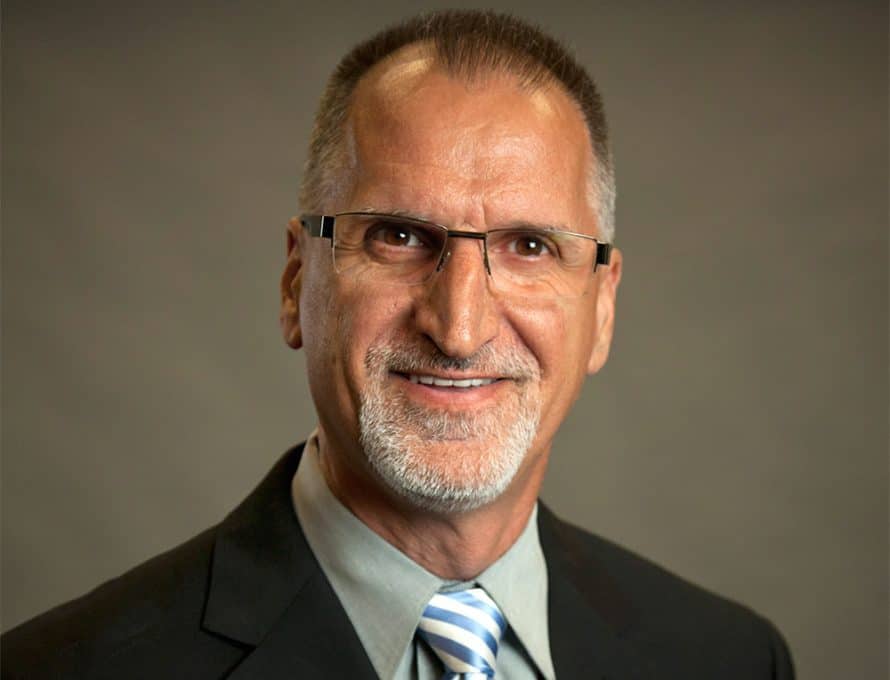First let me say, I am a born again follower of Christ and I’m pro-choice. I know it’s shocking but I’m an American and have always had the freedom to choose when my choice does not adversely affect others. It’s the American way.
Now that I have your attention, or perhaps your ire, let me clarify. I say I’m pro-choice, not to say I support abortion, but rather that the identifier for that side of the issue was selected very deceptively. In other words, I’d argue which choice we are talking about. You see pro-life is an accurate name for the anti-abortion position but the title pro-choice misleadingly appeals to those that relate to freedom of choice but might be offended by an accurate label. What’s really being portrayed by the pro-choice label is “I can choose to do something knowing full the likely consequences and then choose to avoid that original decision’s consequences.” Nowhere else in U.S. law does that logic apply.
Let me illustrate by analogy: Let’s say a young couple are the kind of people that are into extreme sports and thrill seeking. Most call them adrenaline junkies. Having done most everything under the sun that could be defined as thrilling and high-risk, they seek to push the adrenaline envelope. They agree that a game of Russian roulette should be the next wild adventure. Together they reason that if they each had a six-shot revolver and only loaded one round into each gun, the risk would be lower but the thrill would remain. So they each take their guns, stand back to back, give the chamber a random spin and on the agreed signals, walk ten paces, turn, take aim at each other, and pull their triggers. Now, chances are slim that the round in each person,s chamber will align with hammer and barrel … but, if one or both did, either could be injured or dead.
How would we view that act if one or both died or were injured? How would our courts and judges apply the law? One or both of these two would likely be held accountable for what they chose to do.
How is this analogy different than consensual participation in the act that both parties know could lead to new life? Yet in the case of un-chosen pregnancies, women have the choice not to take the consequences for the original choice? And the men involved are somehow off the hook?
Now, I can hear the “What about rape or incest” cry that inevitably comes from the “pro-choice-after-the-choice” camp. However, data shows that less than one percent of unwanted pregnancies result from these ghastly acts. This leaves the vast majority of abortions – often including incest – a convenience or avoidance choice. Even in these cases, why is the procreated life punished by death for another’s punishable choice? There are myriad families waiting in line for infants they can adopt. And I’ll note here that the adoption process in the U.S. must be made more accessible.
When does life begin? The vast majority of biologists the world over agree that life begins at conception in all reproducing life forms. Why is this issue still so controversial? Why is the killing of pregnant women and even animals punished more harshly than killings of non pregnant? It’s a clear cut, black and white issue … but inconvenient. This atrocity has allowed over 53million abortions since Roe v. Wade and cranking at one point three million per year in the U.S. alone.

